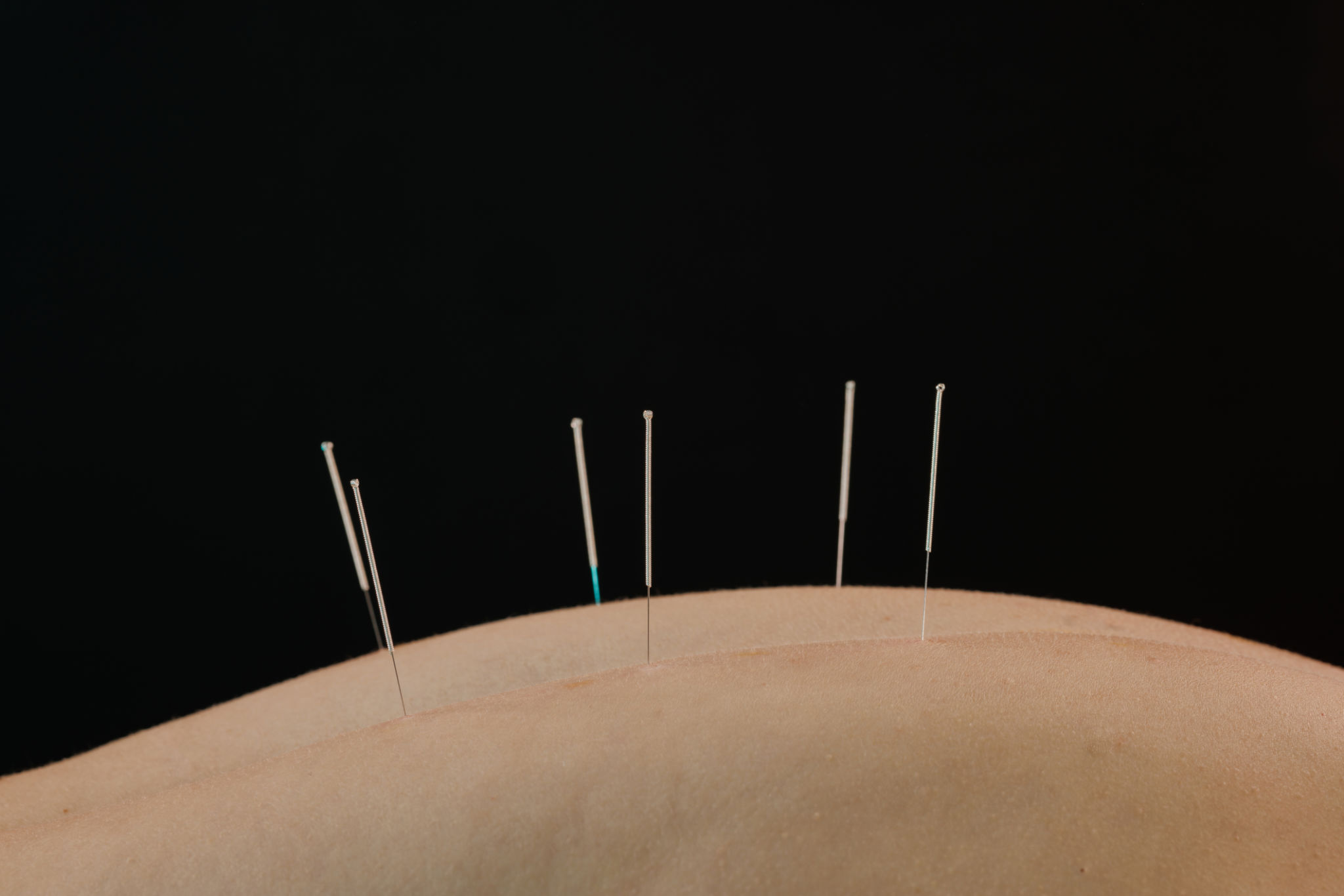Exploring the Benefits of Integrative Medicine for Fibroids
Understanding Fibroids
Fibroids, also known as uterine leiomyomas, are non-cancerous growths that develop in or on the uterus. These growths can vary in size and number, often leading to symptoms such as heavy menstrual bleeding, pelvic pain, and frequent urination. While traditional medical treatments are available, many individuals are turning to integrative medicine for a more holistic approach.
Integrative medicine combines conventional medical treatments with complementary therapies to address the physical, emotional, and spiritual aspects of health. This approach can be particularly beneficial for those dealing with fibroids, as it offers a range of options to manage symptoms and improve overall well-being.

Benefits of Integrative Medicine for Fibroids
Personalized Treatment Plans
One of the key benefits of integrative medicine is the development of personalized treatment plans. Unlike conventional approaches that may focus solely on symptom management, integrative medicine considers the unique needs of each individual. This allows for a tailored approach that takes into account lifestyle, diet, stress levels, and more.
By working closely with healthcare providers specializing in integrative medicine, patients can explore a variety of treatments that may include dietary changes, herbal remedies, acupuncture, and stress-reduction techniques. These personalized plans aim to address the root causes of fibroid symptoms and promote overall health.
Emphasis on Lifestyle Changes
Lifestyle changes play a crucial role in managing fibroids through integrative medicine. Many practitioners emphasize the importance of a balanced diet rich in fruits, vegetables, whole grains, and lean proteins. Reducing the intake of processed foods and caffeine can also help alleviate symptoms.

Regular exercise is another important component, as it helps regulate hormones and improve circulation. Practices such as yoga and tai chi not only enhance physical health but also promote relaxation and stress reduction, which can have a positive impact on fibroid management.
Complementary Therapies
Herbal Remedies and Supplements
Herbal remedies have been used for centuries to manage various health conditions, including fibroids. Certain herbs, such as green tea extract, milk thistle, and chasteberry, may help balance hormones and reduce inflammation. However, it is essential to consult with a qualified healthcare provider before starting any herbal supplements to ensure safety and efficacy.
Additionally, supplements like vitamin D and omega-3 fatty acids may support overall health and aid in managing fibroid symptoms. These supplements can be integrated into a comprehensive treatment plan tailored to the individual's needs.

Mind-Body Therapies
Mind-body therapies are an integral part of integrative medicine and offer significant benefits for those dealing with fibroids. Techniques such as meditation, mindfulness, and guided imagery can help reduce stress levels and improve mental well-being. Stress reduction is particularly important as high stress levels can exacerbate fibroid symptoms.
By incorporating these therapies into their daily routine, individuals can cultivate a sense of calmness and enhance their quality of life. This holistic approach not only addresses the physical aspects of fibroids but also supports emotional and mental health.
Collaborative Care Approach
Integrative medicine emphasizes a collaborative care approach, where patients actively participate in their treatment plans. This partnership between patients and healthcare providers fosters open communication and empowers individuals to make informed decisions about their health.
By exploring the benefits of integrative medicine for fibroids, individuals can access a range of therapies that complement traditional medical treatments. This comprehensive approach not only addresses symptoms but also promotes long-term well-being and improved quality of life.
